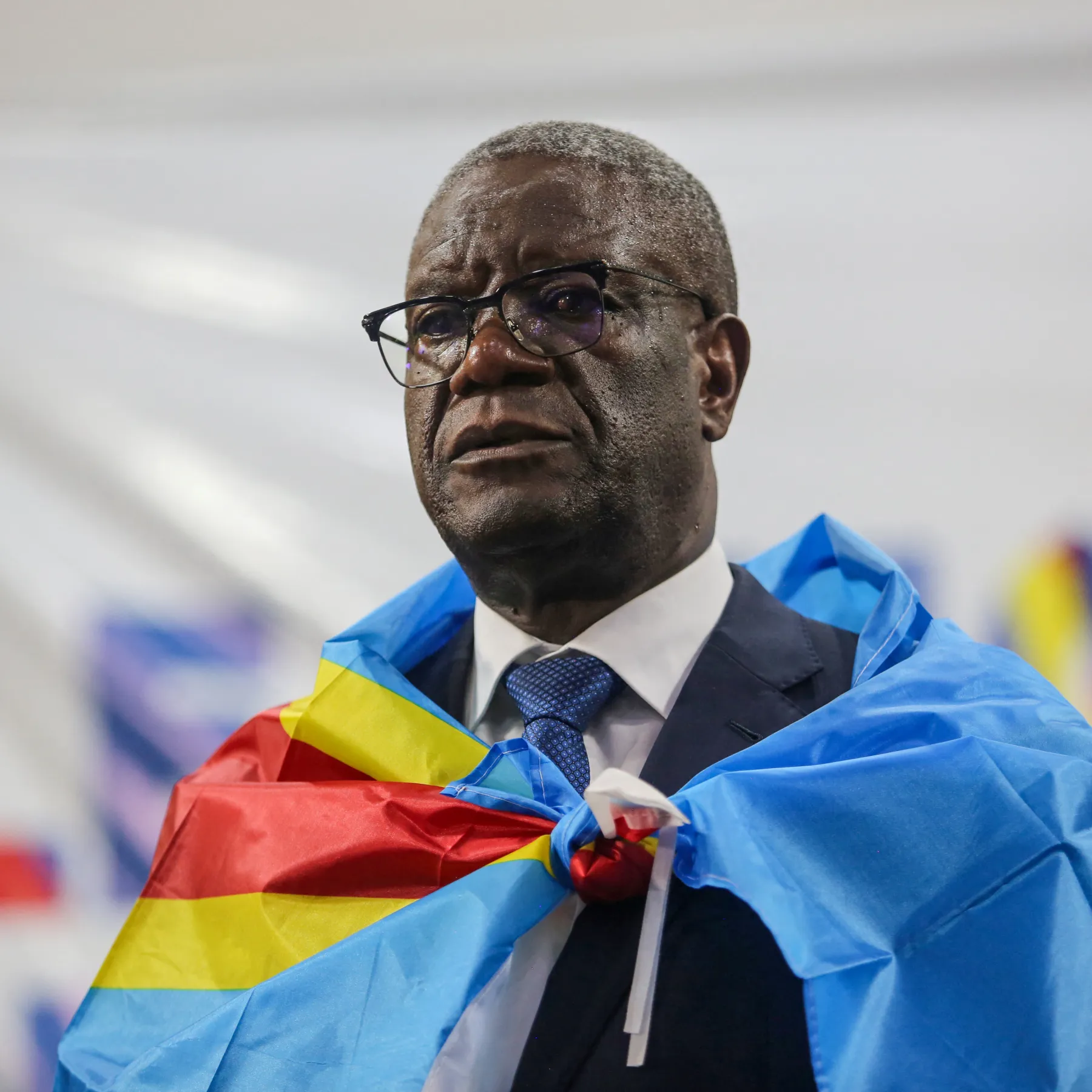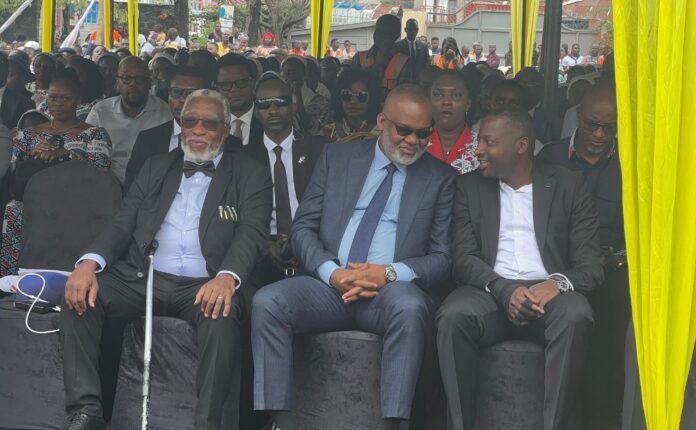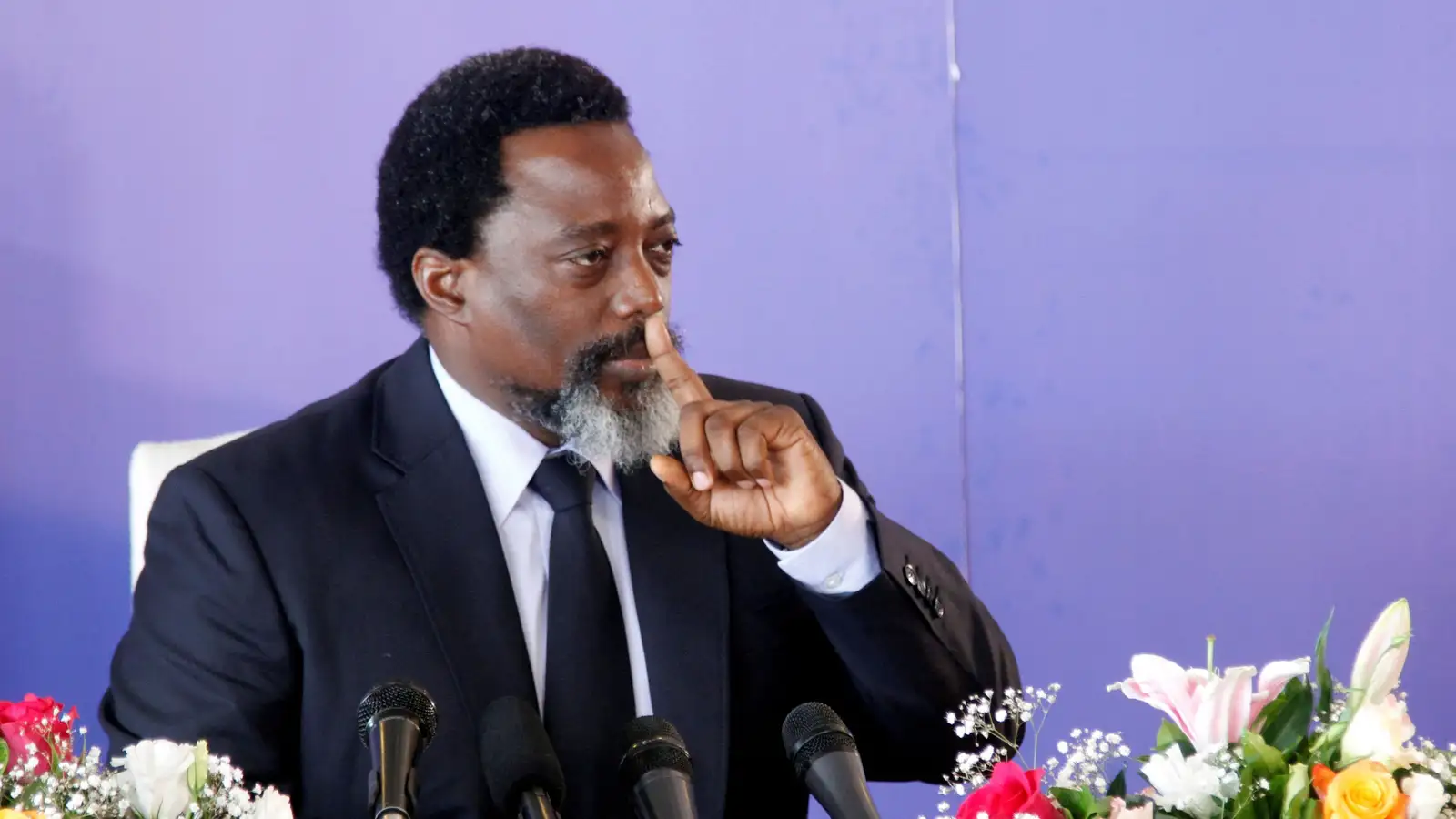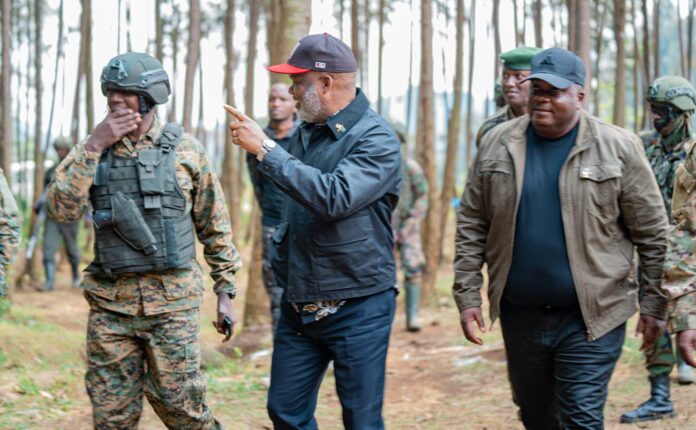The Democratic Republic of Congo (DRC) continues to attract international attention, unfortunately often for tragic reasons. With the concept of “GENOCOST,” a new term has been added to the long list of words describing the suffering of the Congolese people. After “Congolese feminicide,” characterized by the use of blunt weapons to mutilate women, and “blood minerals,” denouncing the exploitation of mineral resources in a conflict context, we now have “GENOCOST.” This term is defined as the extermination of Congolese populations for economic gains, a form of “economic genocide.”
Note: Company, Blog, Church websites are free.
However, a deeper reflection is necessary. This concept seems to designate external culprits while minimizing the responsibility of Congolese actors themselves, particularly those actively involved in the plundering of the country’s wealth. An essential question arises: Should “GENOCOST” not also include national actors who, through corruption and mismanagement, deprive the population of vital resources for survival?
Every day, Congolese people die due to landslides, floods, and uncontrolled urbanization on land declared unsuitable by public administration, which paradoxically issues building permits for these very sites. Likewise, massive embezzlement of funds intended for the construction of vital infrastructure, such as hospitals and schools, or for salary payments, exacerbates poverty and worsens living conditions.
Can “GENOCOST” be limited to armed groups alone? Why exclude from this concept those who spread ideologies of hatred and fuel political conflicts, indirectly causing thousands of deaths? Why ignore economic crimes, which, in their scale, can be deadlier than weapons themselves?
The debate on “GENOCOST” must not become a tool for political manipulation, pitting some victims against others or arbitrarily differentiating between perpetrators. During the first commemoration of “GENOCOST” in Kisangani, former members of rebel groups such as the RCD and MLC were present as honored guests. Yet, some of them now hold positions of responsibility within the government. This raises another crucial question: Through what mechanism of transitional justice have these figures been rehabilitated?
Finally, Belgium’s role cannot be overlooked. This country has significantly contributed, through its colonization and post-colonial administration of Congo, Rwanda, and Burundi, to shaping the current economic and political structures. Should “GENOCOST” not also include the consequences of these historical exploitations?
For the fight for the recognition of “GENOCOST” to be credible, it must encompass all forms of crimes committed in the DRC, whether perpetrated by national or foreign actors, armed or economic. Only a comprehensive and inclusive approach will prevent political exploitation and open a genuine debate on justice and reconciliation in the Democratic Republic of Congo.



